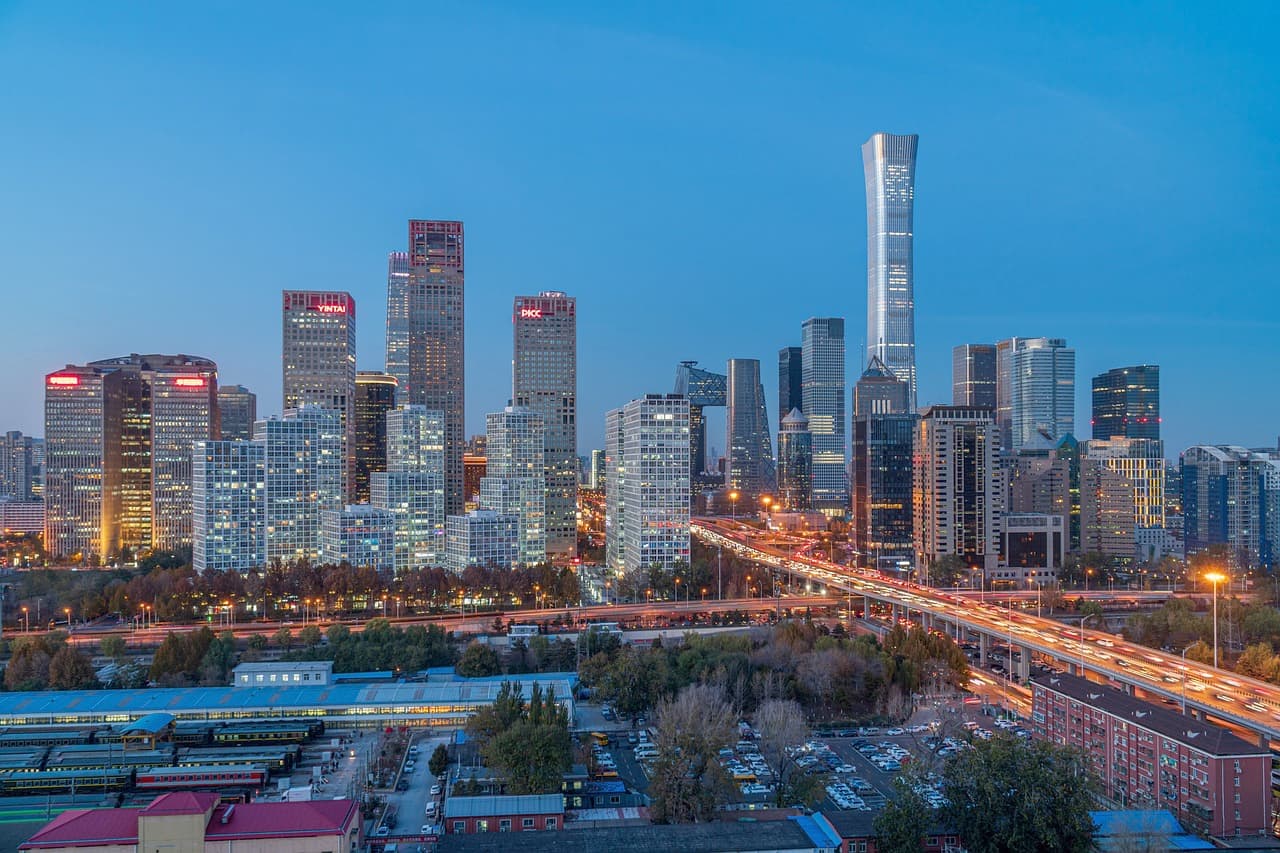China's counterattack: export ban on materials for chips and batteries
In response to U.S. restrictions, China has imposed an export ban on materials critical to semiconductor and battery production.
Published on December 4, 2024

As editor-in-chief, Aafke oversees all content and events but loves writing herself. She makes complex topics accessible and tells the stories behind technology.
China has responded to the latest U.S. export restrictions by banning exports of crucial materials for semiconductors and batteries. The move is further escalating tensions between the two world powers.
The new measures, unveiled by the outgoing Biden administration, have raised the political temperature between the world's two largest economies ahead of President Donald Trump's upcoming inauguration. Chinese leader Xi Jinping has made self-sufficiency a key pillar of his economic strategy to turn China into a tech superpower.
For the Netherlands, these developments may have implications. However, ASML has indicated that they do not expect a major impact on their long-term plans, despite the new rules. However, this conflict between the U.S. and China could lead to broader disruptions in global supply chains. This situation raises questions about how Dutch companies can adapt to the changing geopolitical environment.
Impact on ASML's financial outlook
ASML expects the impact of the new export restrictions to fall within their 2025 outlook. The company projects total net sales between €30 billion and €35 billion for 2025, of which about 20% will come from China. For 2024, ASML expects no immediate material impact from the new regulations. The long-term scenarios remain unchanged, with projected annual net sales between €44 billion and €60 billion toward 2030. These projections are based on global wafer demand, not geographic distribution.
New U.S. regulations
US authorities published an update to the export regulations on December 2, 2024, which took effect immediately. Some changes have a deferred compliance date until Dec. 31, 2024. The updated export controls have been expanded to include additional technologies, including metrology and software, and add more Chinese factory locations to the list of restrictions. This is the third set of export restrictions in as many years. ASML, with more than 43,700 employees, emphasizes their commitment to complying with all applicable laws and regulations.
Chinese countermeasure
In response to the U.S. restrictions, China has imposed an export ban on materials critical to semiconductor and battery production. This escalation in the technology trade war between the two superpowers creates new challenges for the global supply chain. It is a strategic move that underscores the interdependence in the semiconductor industry. For Dutch companies, it means that they may have to find alternative sources for certain raw materials or adjust their production processes.
